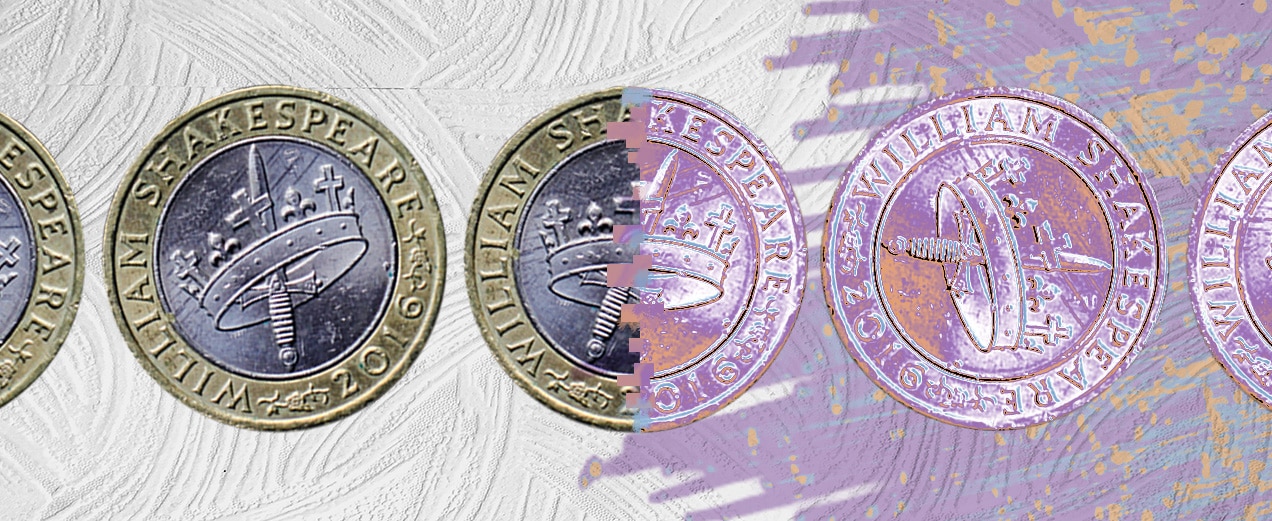Digital Assets
Digital assets lending rebounds, stablecoin legislation could grow market
• 0 minute read
August 5, 2025

Peer-to-peer lending in digital assets has rebounded, and the global emergence of stablecoin legislation could spur broaden product offerings.
After the collapse of Celsius in 2022 — which left $4.7 billion owed to creditors — the crypto lending market capitalisation fell from $60 billion in the first quarter of 2022 to $15 billion in the third quarter of 2023, before regaining growth and reaching $38 billion in the first quarter of this year, according to data collected by Galaxy Research.
In light of the GENIUS Act, stablecoin issuer Circle recently applied for a federal trust charter approval to come under federal oversight by the Office of the Comptroller of the Currency (OCC), the firm said in a statement. Circle has not made any official announcements regarding stablecoin lending, but other platforms are already using its USDC for loans.
Divine Research (also known as Credit) is one such lender seeking to enter the reinvigorated market. The San Francisco-based unbacked short-term lending platform offers loans up to $1,000 worth of Circle‘s stablecoin (USDC) with fixed interest rates of 20-30%.
Credit operates as a “mini app” within World application — a digital assets wallet founded by OpenAI chief executive Sam Altman in 2019. World uses iris scanning via the Orb device to verify identity and create a unique “World ID”. Divine Research relies on this World ID to identify borrowers, according to the Financial Times. It also claimed to prevent repeat defaulters from opening new accounts using the system.
On its website, Divine Research claimed to have issued more than 40,000 loans, with 100,000 on the waiting list, despite announcements seeking to hire founding front-end and full-stack engineers.
The Securities and Exchange Commission (SEC) filing shows that the firm was founded by Diego Estevez Lopez and Juan Estevez Lopez. The total amount of offering stands at $6.5 million, as of the filing date on May 2, 2025.
Circle, Divine Research, the SEC and the California Department of Financial Protection and Innovation (DFPI) did not respond to an email seeking comment.
Unclear creditworthiness
In the UK, the Financial Conduct Authority (FCA) found that crypto loan platforms “typically do not assess the consumer’s ability to afford the loan”, according to its consultation paper published in May. The UK regulator said: “Without a creditworthiness assessment, there is no evaluation of the consumer’s broader financial situation, their capacity to meet repayment obligations or capacity for loss.”
Patrick Tan, general counsel at blockchain analytics firm ChainArgos in Singapore, takes a different view. He told Compliance Corylated : “What makes these [crypto loans] interesting is that it offers a level of transparency that traditional banks donʼt have. We have credit scores, but they’re not granular — they don’t show specific loan defaults or account overdrafts.”
Credit assessment models are central to risk management within financial institutions. “The basic idea is that every blockchain address has a rich transaction history, and this history can potentially be used to assess whether someone is a reliable counterparty for a loan,” Tan explained.
“For example, if someone comes along with an address that has no history — no prior loans, no transactional patterns — you can’t really assess their creditworthiness. In that case, you either shouldn’t lend to them at all, or only do so with significant overcollateralisation.”
It is unclear how Divine Research’s credit assessment model works. However, the company markets its platform as focusing on lending to “everyday people”.
“Requirements for credit history, collateral, and costly underwriting create insurmountable barriers for those who need capital most. Weʼre building a credit system thatʼs accessible to anyone with internet access,” it says on its website.
Divine Research CEO Diego Estevez said its borrowers “are not regular users of crypto before signing up”. The firm also reported an average default rate of around 40% on first-time loans.
Risky business
In its consultation paper, the FCA also warned that crypto lending carries illiquidity and counterparty risk because many counterparties are “unregulated, overseas or decentralised” and often lacking proper risk management.
For example, Fund Ourselves is the latest peer-to-peer short-term credit loan provider to enter special administration, on July 21. According to an FCA statement, customers and retail investors are not covered by the Financial Services Compensation Scheme (FSCS).
Additionally, there are financial crime risks.
Tan at ChainArgos added: “If you can enable permissionless, peer-to-peer lending with no Know Your Customer and anti-money laundering (KYC/AML) regulation, you basically create a whole parallel, offshore financial system that operates without involving banks or regulators at all. There are serious financial risks and regulatory concerns.
“But honestly, I don’t think anyone is really thinking about that much.”